Lessons from the Revalidation Center: Finding Hope in the Hardest Places
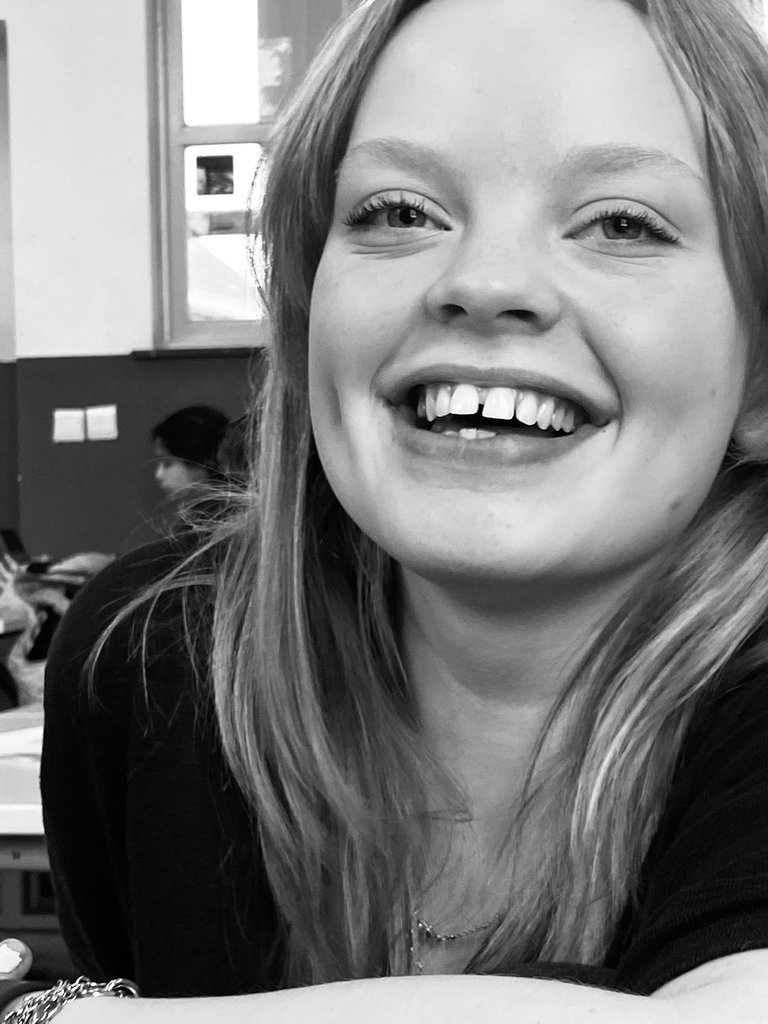
We all take things for granted, until life pulls the rug out from under us. For my daughter, that moment came four years ago. She was an elite athlete, competing in acrobatics at the highest level, pushing her body to its limits with grace and power. And then came the injury. A back injury that took her from soaring through the air to being almost completely immobile.
Her teenage years? Gone. Instead of navigating the typical chaos of adolescence, she was homebound, in pain, barely able to move. We went from specialist to specialist, appointment to appointment, all in search of hope. And finally, after years of struggle, we found a place that’s making a difference, a revalidation center.
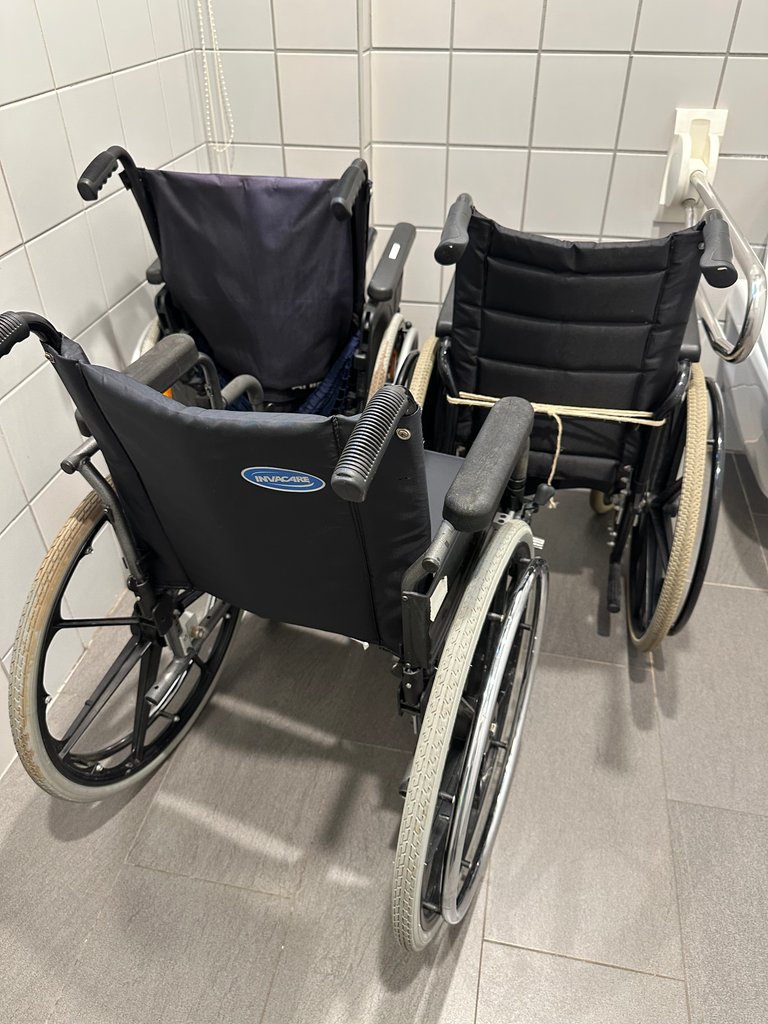
When I pulled up today, I couldn’t help but notice how charming the place looks on the outside. It’s like a storybook castle, surrounded by trees covered in moss and gardens that seem like they belong in a fairytale. But don’t let the beautiful setting fool you, inside, it’s a battlefield.
You walk through those doors, and it feels like stepping into another world. People are fighting battles you can’t see. Missing limbs. Post-surgery scars. Stroke survivors relearning to speak. Cancer patients in the middle of chemo. And yet, what struck me most wasn’t the pain, it was the determination.

There’s a silent, collective understanding in that place. Everyone knows it’s going to hurt more before it gets better. They know they’ll leave their sessions exhausted and in pain. But they trust the process, because they believe in the outcome.
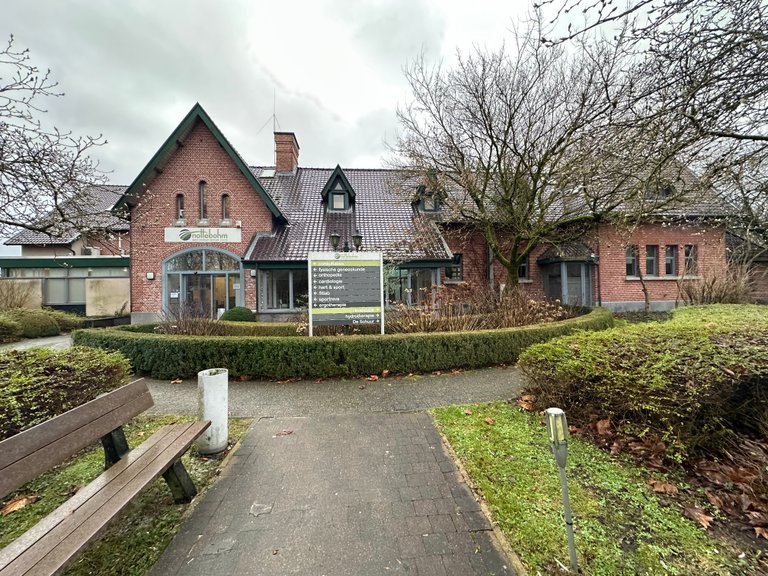
It’s humbling to sit in that waiting room. I talk to the people there. Humor is a lifeline, laughter reminds them they’re human. But sometimes, we sit in silence, and I listen to their stories.
One woman who had a stroke a year ago joined me during her break. She sat down slowly, taking her time. Each word she spoke was a victory. I helped her find the words when she got stuck. I repeated them back when she couldn’t get them right.
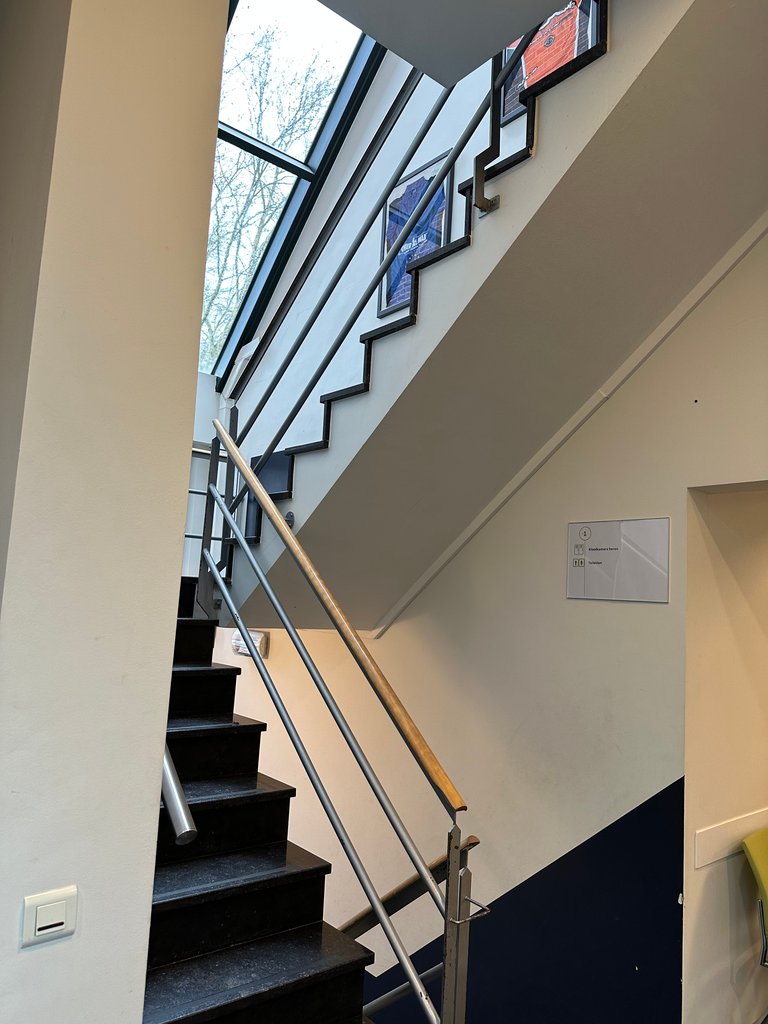
Here’s someone learning to speak again. Imagine that. Something most of us do without thinking, something we complain about when it’s not perfect, or when someone doesn’t respond quickly enough. And there she was, inching her way toward a conversation, word by word, letter by letter.
I couldn’t stop thinking: How many of us complain when life gets hard? About things that , in the grand scheme of life, are minor inconveniences. We get frustrated when things don’t go as planned, when the WiFi drops, when we’re stuck in traffic, or when our plans fall through. But here, in this little “castle” of healing, people are fighting for their lives. Fighting for mobility. For speech. For their independence.
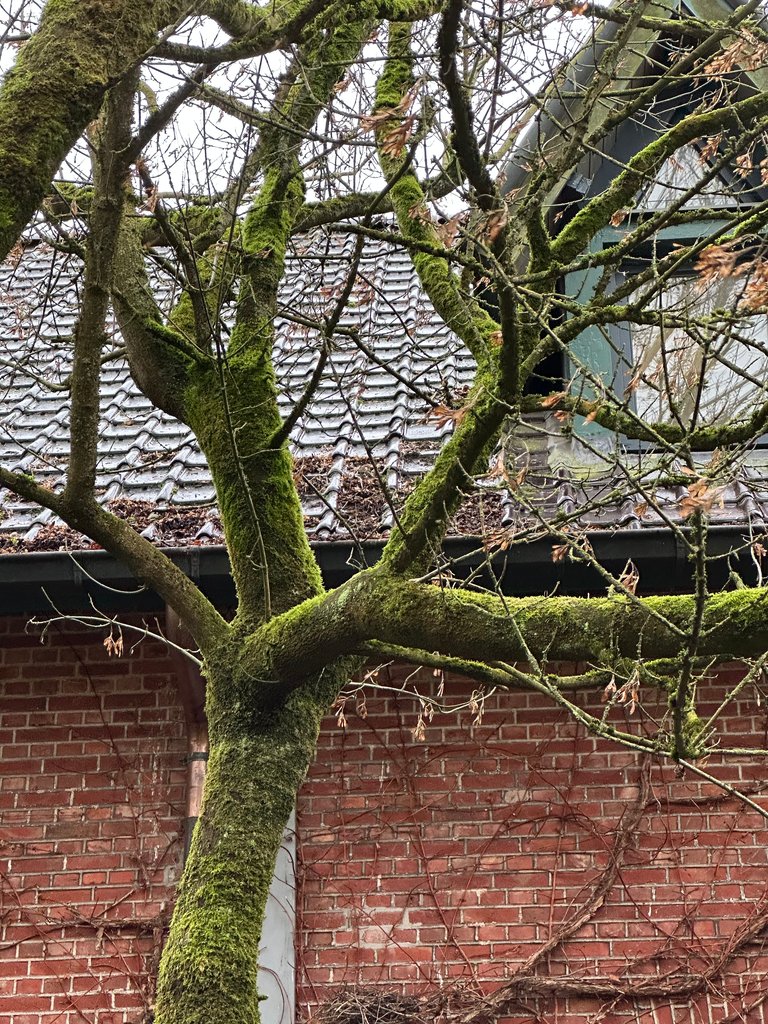
It makes you pause, doesn’t it?
And it makes me think about my daughter. My beautiful, strong daughter who lost her teenage years to an injury but never lost her spirit. She inspires me every single day. She missed out on so much , sleepovers, parties, sports competitions. But instead of being bitter, she keeps showing up. She walks into that center, knowing it will hurt, knowing it will take time, but trusting the outcome.
And maybe that’s a lesson for all of us.
We’re so quick to complain when things don’t go our way. But life is about showing up anyway. Trusting that the hard things we endure today will lead to something better tomorrow. Like the people in that revalidation center, we all have battles to fight. And while those battles may look different, what we all need is a little more trust in the process, and a whole lot of hope.
Maybe next time life gets hard, we can remember the bravery of those who walk into places like this little moss-covered castle every day. They know pain, but they also know perseverance. And that’s the real fairytale , finding hope in the hardest places.
Here’s to being brave enough to face the hard stuff and hopeful enough to believe in what comes next
Thank you for sharing your thoughts in the We Are Alive Tribe. Your input has been positively acknowledged with an upvote from Alive Power. We’re excited to read more of your insights, so please continue to engage with this wonderful community! 🙂
We all know that prevention is better than cure. For many conditions, early detection and appropriate measures offer good outcomes. However, predicting a condition and taking measures to slow it down (if inevitable) is the best thing in some instances. A study showed that the risk of developing dementia can be predicted up to 2 decades before the appearance of the symptoms. The researchers have listed eleven key dementia predictors! Lifestyles, physical health, and cognitive abilities include those predictors.
Want to learn more about the study? Click here
#aliveandthriving
!INDEED
Thank you and I certainly will do that ❤️
(5/25)
@nathalie-s! @dmhafiz Totally agrees with your content! so I just sent 1 IDD to your account on behalf of @dmhafiz.